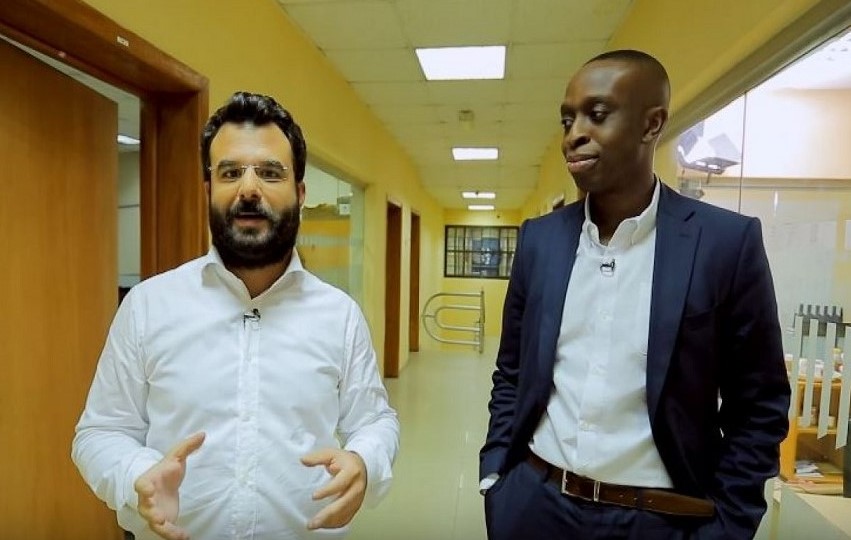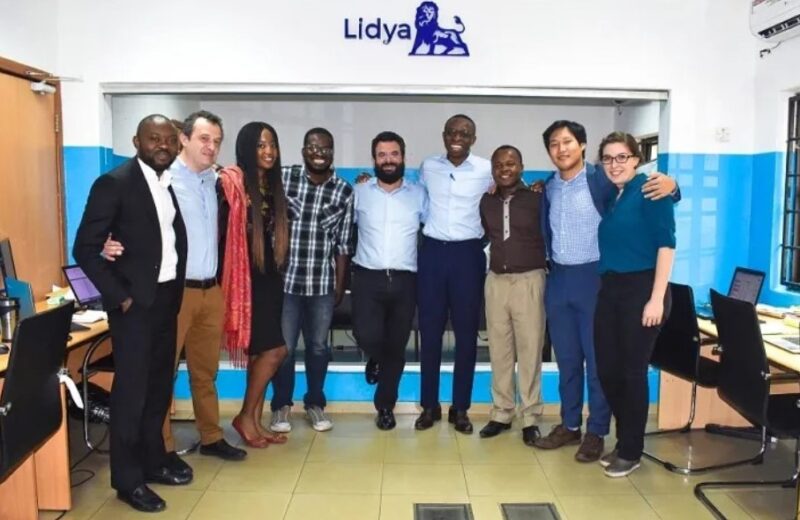Lidya, a Nigerian lending startup, has shut down owing to severe financial distress. The company raised approximately $16.45 million between 2017 and 2021, including an $8.3 million pre-Series B funding round.
According to an email sent to customers, Lidya announced its cessation over financial difficulties, which makes it impossible to continue operation. The development marks the end of a startup which showed potential in funding raised and in providing collateral-free loans to small businesses.
“Despite best efforts to restructure and sustain operations, the Company has encountered severe financial distress and is no longer able to continue in business. As a result, the Company has ceased all operations,” an email to customers read.
The company, which raised significant funding and expanded into Europe, faced operational challenges and leadership issues that contributed to its downfall.

According to reports, some customers’ funds are still stuck in the business. Also, small businesses in partnership with Lidya have been unable to process their funds for more than a year. However, the company cited in the email that it cannot settle claims and funds due to its present financial status.
“Due to the Company’s financial status, it is unable to process funds or settle claims at this time,” it said.
Founded in 2016 by former Jumia Executives, Ercin Eksin and Tunde Kehinde, the Lagos-based startup provides small business owners access to working capital they can use to expand their business operations. And similar to the model run by other online lenders, Lidya uses credit-scoring smart algorithms and technology to predict a customer’s creditworthiness.
Beyond loans, Lydia also works as a kind of digital partner for SMEs. The platform offers a digital account to users where they can create a database of their various customers. Users can also create an invoice with their company’s profile and send it to their listed customers digitally, while managing their cash flows, customer data and tracking their payments.


Lidya’s collapse, after facing operational challenges and leadership issues, signals the importance of sustainable growth in the African fintech industry.
Also Read: Meet Lidya, the Startup Offering SMEs in Nigeria Access to Loans in 48 Hours.
Catch up with Lidya’s rise and fall
Lidya raised significant funding and expanded into Europe after it began operations in 2016. The company became popular for providing small businesses with collateral-free loans and soon pushed into international expansion. As part of this process, it launched operations in Poland and the Czech Republic.
A pivotal edge Lidya provides is that it processes and disburses loans to users within 48 hours, with repayment schedules agreed upon.
- May 2018 – Lidya raised $6.9 million in a Series A round from a group of investors led by Silicon Valley-based philanthropic firm Omidyar Network.
- 2020 – The company expanded its operation to Poland and the Czech Republic and plans to disburse $1.1 billion worth of loans to small businesses unable to get bank loans in 5 years.
- July 2021 – Lidya raised $8.3 million pre-Series B funding round to scale its lending operations across its markets. The funding round was led by Alitheia Capital through its uMunthu Fund.
- 2023 – The company closed its business in European countries due to operational difficulties.
- May 2024 – A report by Techpoint Africa claimed that Lidya may have run into problems in May 2024, when it was unable to pay the salaries of its tech team based in Portugal.
- September 2024 – Lidya’s CTO, Cristiano Machado, exited the company.
- October 2024 – Kehinde stepped down from his role as CEO and exited the company.
- 2024 – 2025: Lidya faced financial difficulties, leading to an inability to release customer funds and secure new investments.
- October 2025 – Close of operation and shut down.


At its peak, Lidya reviewed over $50 billion in credit applications and disbursed more than $150 million to 32,000 small businesses.








